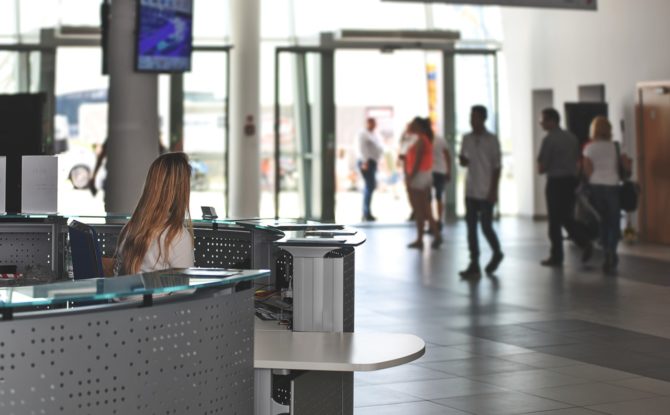
Are your workers often working off-site?
Many employers don’t realise this. But if your workers are travelling to other locations to perform work for your business, you are actually legally obliged to ensure that they are working within a safe and healthy environment – you can’t assume everything will be ok. This is the same obligation that you have for workers within you usual workplace.
Interestingly, this covers a number of work situations, including when your workers work from home, or when you send one of your workers to work at another workplace for one day, or, on a regular basis for a set period of time, say six months. In each scenario, your obligation is the same – as an employer you must ensure that you have, so far as reasonably practicable, ensured of the health and safety of your people.
So how can you do this, given this other workplace or space is not actually yours to manage or control? Here’s some ideas from us:
- Before your worker heads out, think about the company they are working with. Are they reputable? Does this organisation have OHS or WHS procedures in place?
- What are the work condition like at the company they will be working? If you don’t know the conditions, can you organise a site inspection prior? Obviously, if you do inspect and there is something identified as unsafe, can you make sure that they do something about this before your worker begins their work there?
- What work will your people will be doing? Think about the hazards associated with the work. Is there any equipment that you can provide to help your workers to manage the hazards they will be exposed to? For example, if they are likely to do computer based work, if they will be working off laptops, can you provide a portable laptop stand and external keyboard and mouse?
- Check to see if the workplace provides inductions and briefings? If not, will they be accompanied when onsite? Make sure your workers have the ability to access information regarding the workplace when they are onsite.
- Finally, and perhaps most importantly, make sure your workers understand that it is ok for them to ask questions about safety! Ensure that your worker is aware that they have the right to also let you know if they are concerned about their health and safety at this workplace. Explicitly brief your workers on this before they head out and keep in regular contact with your workers for the duration of their time working away from your usual workplace.
Now we understand that doing all of this when your people are working from home or headed out for a meeting may seem like a lot to do, so be pragmatic. Is it one off, or regular? Whichever way you go, it is still worth ensuring that Point 5 is well understood. Encourage your workers to ask questions and be curious. A conversation will sure everyone is on the same page!
Do you have a specific situation that doesn’t seem so clear cut on what you should do? You are not alone – it can be pretty complex! Why not get in contact with us to see how we can help you iron out the details specific to your circumstance. A five minute call is free, and may save you from overcomplicating the situation.



